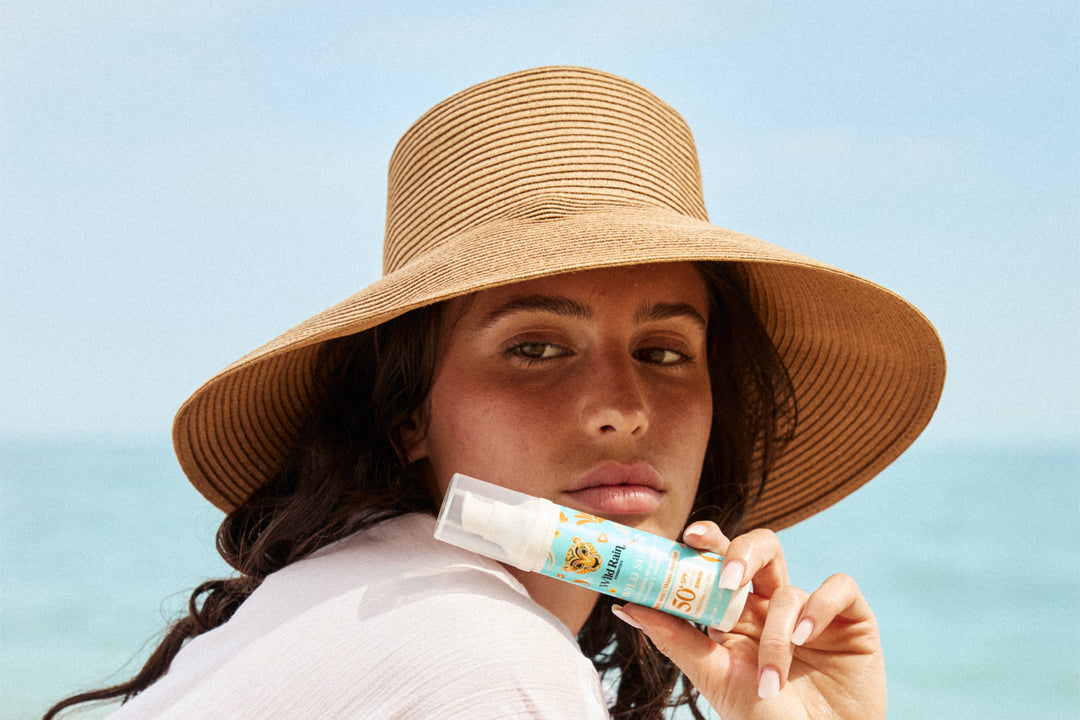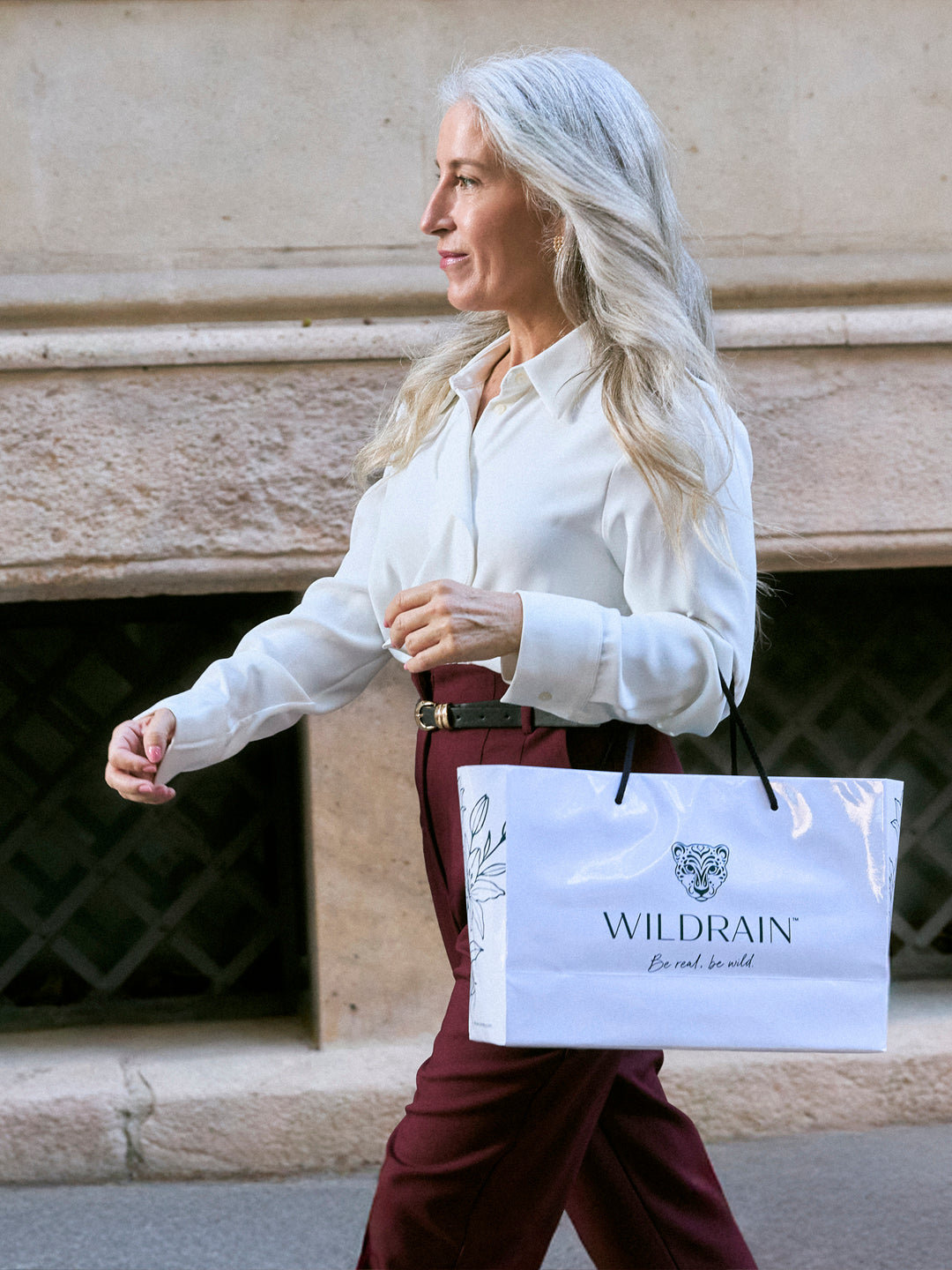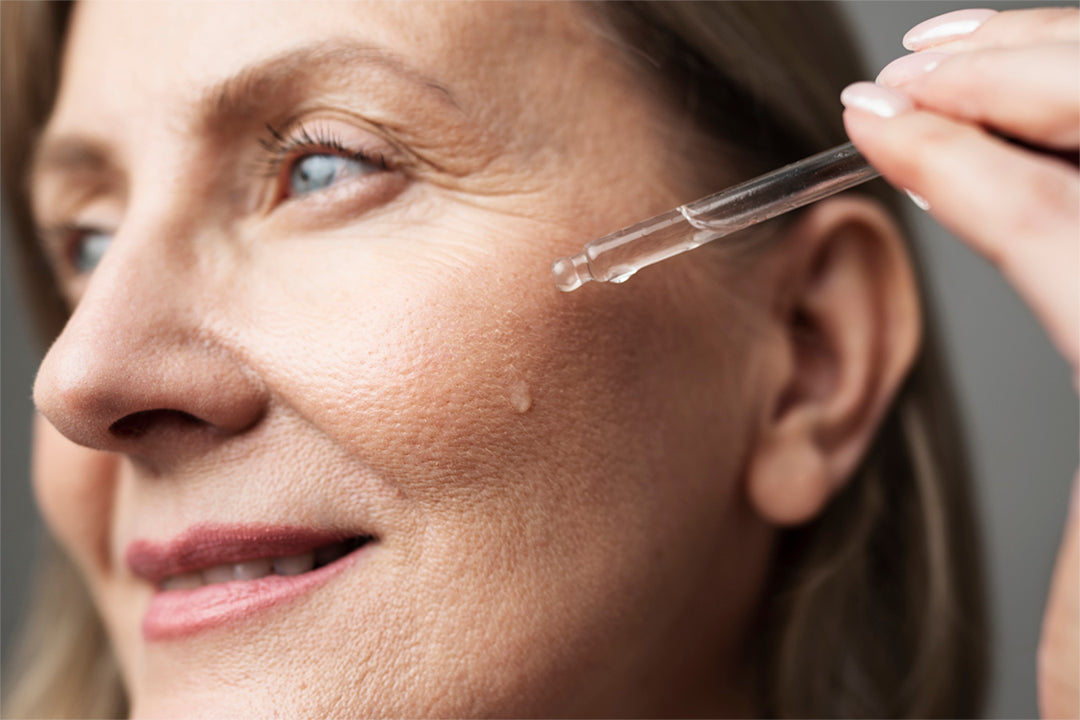
The true effects of the sun on the skin: what science tells us
When we think of the sun, we associate it with warmth, energy, and well-being. And it's no coincidence: sunlight has a positive impact on our mood and even promotes the synthesis of vitamin D, essential for our bones and immune system. However, this star that gives us life can also profoundly impact our skin... and not always in visible or immediate ways.
The less friendly side of the sun
The sun emits electromagnetic radiation, the most notable of which is ultraviolet (UV) radiation, primarily UVA and UVB , since UVC radiation does not reach the Earth's surface. Although the two have different effects, they share one consequence: they can alter the cellular structures of the skin and increase the risk of skin cancer .
-
UVA rays penetrate deep into the skin, affecting fibers like elastin, and are primarily responsible for photoaging : wrinkles, loss of elasticity, thickening, and dark spots. They also contribute to cellular damage that can lead to skin cancer .
-
UVB rays , on the other hand, affect the most superficial layers of the skin. They are responsible for solar erythema (redness) and sunburn , in addition to causing reactions such as photosensitivity and phototoxicity. Their role in the development of skin cancer is also well documented.
How can the sun cause cancer?
The link between UV radiation and skin cancer is clear. Radiation causes DNA damage in skin cells. Although the body has repair mechanisms, its capacity is not unlimited. Over time, the accumulation of genetic damage can generate mutations that lead to malignant tumors .
There are two main types of skin cancer:
-
Melanoma : less common, but more aggressive. It usually arises after intense sun exposure, such as during summer vacations, especially if you were sunburned during childhood or adolescence.
-
Cutaneous carcinomas : Much more common, they appear in chronically exposed areas such as the face, neck, or hands. Although their prognosis is generally good, they can cause disfiguring lesions.
The skin has memory
Sun exposure doesn't fade. Every minute in the sun counts , and its effects silently accumulate throughout a lifetime. Daily exposure, whether at work or in sports, also adds up, not just days at the beach or in the mountains.
Burns at an early age are especially important, as they considerably increase the risk of melanoma in adulthood.
The myth of healthy tanning
Tanning doesn't protect. The melanin that darkens our skin is a defense mechanism against UV damage, not an effective barrier. Furthermore, tanning bed use not only doesn't help, but is directly linked to skin cancer , so much so that its use has been banned in some countries due to its proven risk.
What can we do to protect our skin?
Prevention is key. Here are some scientifically supported recommendations:
-
Know your skin phototype and your level of sun sensitivity.
-
Check the UV index (UVI) and avoid prolonged exposure during peak radiation hours.
-
Physical protection : hats, glasses, appropriate clothing and seeking shade.
-
Chemical protection : use broad spectrum sunscreens (UVA and UVB), reapplied every 2 hours.
-
Aftercare : Moisturize your skin and be alert to any changes.
-
Self-examination and periodic dermatological review .
The sun is life, but also a risk if not respected.
At Wild Rain, we champion conscious beauty, based on knowledge and self-care. Understanding how the sun impacts our skin is the first step to protecting, caring for, and keeping it healthy for the long term.
At Wild Rain, we recommend our two SPF 50+ sunscreens so you can choose the texture you like best.


